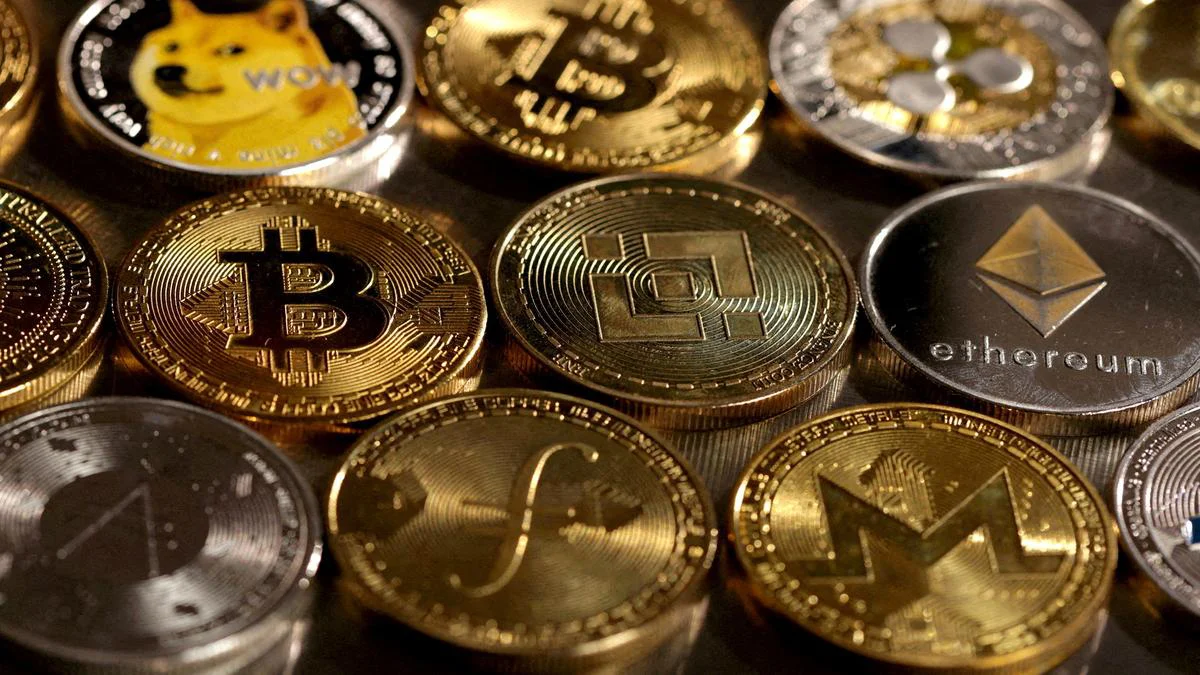Necessary Always Active
Necessary cookies are required to enable the basic features of this site, such as providing secure log-in or adjusting your consent preferences. These cookies do not store any personally identifiable data.
|
||||||
|
||||||
|
||||||
|

The Supreme Court has raised concerns with the center due to delays in crypto regulations, as reported by Inc42. The apex court voiced concern about the Centre’s slow action on crypto regulations as digital assets continues to attract more Indian investors.
In a recent hearing on cryptocurrency, the Indian top court stated that the government should not delay decisions on such an important matter. The court emphasized the imperative to have a clear legal framework regarding digital currencies such as Bitcoin, Ethereum, and others.
A report by Bar and Bench said that the Apex Court said that the 30% tax on Bitcoin trading profits is a form of legal recognition, and if it is recognised, then it needs to be regulated.
One of the key issues raised during the hearing was the lack of guidelines for Bitcoin trading regulations in India. Without clear rules, investors are vulnerable, and illegal activities could increase. The court said the government must take a firm stand and stop delaying much-needed reforms.
The bench noted that while several countries have taken steps to regulate crypto, India is still lagging. It warned that the absence of rules can lead to misuse of these digital assets, including tax evasion and other financial crimes.
The court drew parallels between the current issues in crypto trading and the challenges seen in traditional money transfer systems. The hearing included many discussions on how crypto is in comparison to Hawala. It noted that the absence of regulation makes both crypto and hawala deals nearly as difficult to monitor and risky as those issues involving hawala deals which have long concerned authorities.
It pointed out the importance of passing a law by emphasising that cryptocurrency is now familiar to millions of Indians. It noted that laws meant for conventional currencies, such as FEMA or PMLA, are not enough for the regulation of digital currencies.
The court said, “no one is suggesting a complete halt to cryptocurrency, as that may not be wise for the economy.” It observed that, “ …there are new kinds of mechanisms evolving for international trade also. Banning may be shutting your eyes to ground reality. But what about regulating it? … We aren’t experts. Experts would examine it, but some steps to regulate it and have an eye on it (are necessary).”
The issue arises from a plea associated with a multi-state cryptocurrency fraud case. The petitioner was alleged to have kidnapped two Bitconnect employees in January 2018 and demanded 2,091 Bitcoins, 11,000 Litecoins, and INR 14.5 Cr cash. The reason behind the act was to offset losses on his investment in the now-collapsed crypto market entity, M/s. Bit Connect Ltd.
As the global crypto market grows and more Indians enter the space, the need for structured laws becomes even more important. The Supreme Court’s comments on crypto regulation are likely to pressure the government into speeding up its work.
Legal experts believe that the court’s intervention could finally push the Centre to make a decisions on either to regulate digital assets clearly or to ban them with due process. Either way, uncertainty is no longer a choice. The coming weeks may bring more clarity, as the court has asked the government to present a timeline for action.